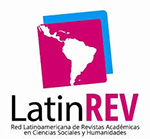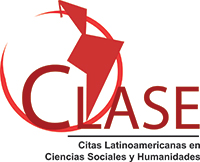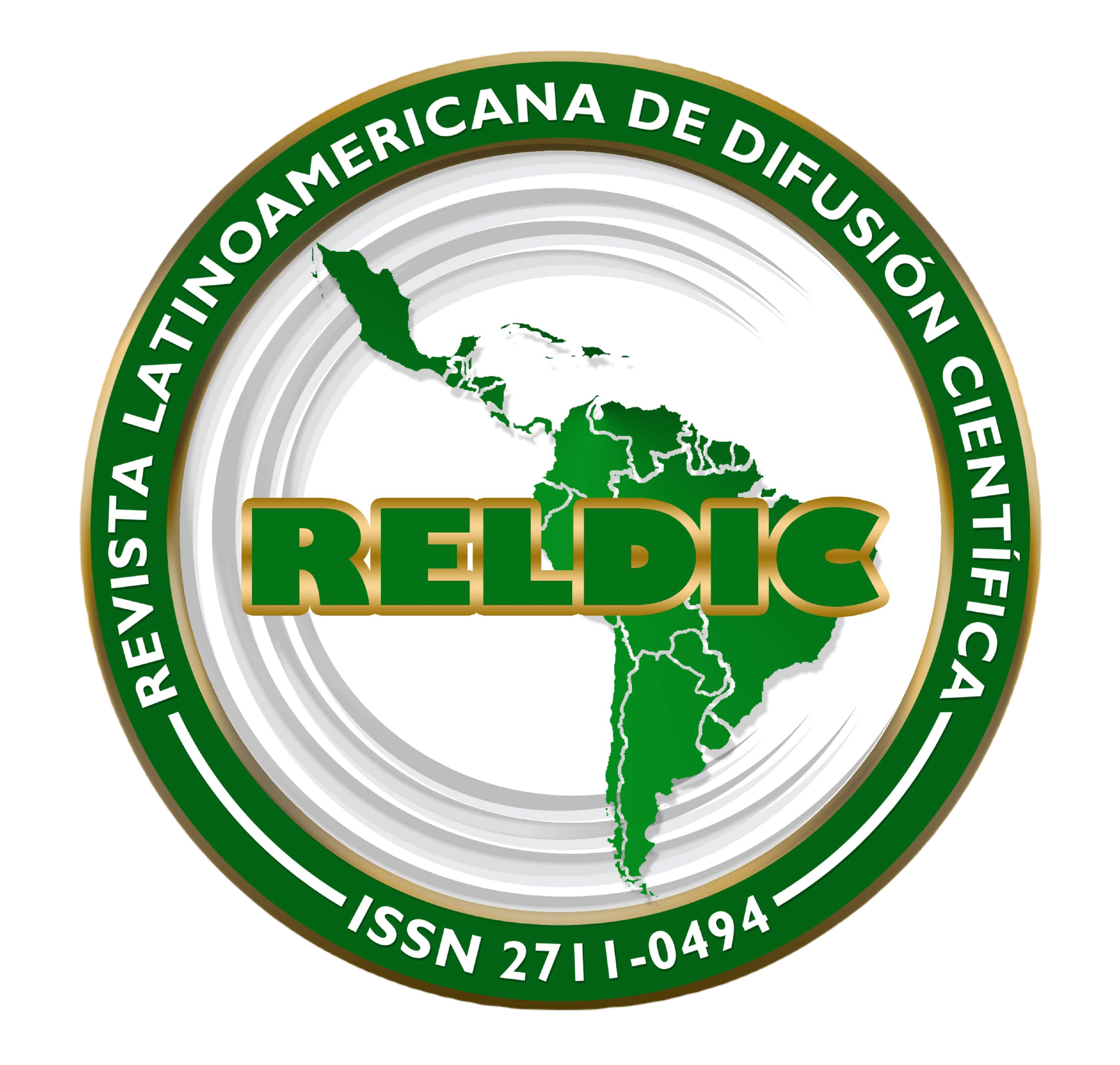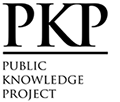Acción colectiva en contextos de fragilidad estatal (I)
DOI:
https://doi.org/10.5281/zenodo.10062245Palabras clave:
fragilidad estatal, confianza, fraternidad, cohesión social, acción colectivaResumen
Un aspecto fundamental de la fragilidad estatal es la falta de legitimidad del estado, en este sentido se discute diferentes tipos de legitimidad, incluyendo la legitimidad de origen y resultados, y se subraya la importancia de la percepción de legitimidad estatal para mantener el orden social y prevenir conflictos. En base a lo anterior, el artículo explora caminos para re-legitimar el estado fortaleciendo la cohesión social, destacando la cooperación, la reciprocidad y la confianza como factores cruciales para este proceso. Considerando lo anterior, se resalta el rol de la confianza en las "relaciones interpersonales" sobre las instituciones como piedra angular de las expectativas bien fundadas que pueden sostener la confianza.
Como conclusión se plantea que la cohesión social y el capital social son vitales para fomentar la acción colectiva, especialmente en contextos donde la legitimidad estatal está comprometida. Estos elementos no solo mejoran la resiliencia social en crisis, sino que también pueden ser clave para reconstruir y fortalecer las instituciones en estados frágiles.
Citas
Axelrod, R. (1984). The Evolution of Cooperation. New York: Basic Books.
Axelrod, R., & Hamilton, W. D. (1981). The Evolution of Cooperation. Science, New Series, 211(4489), 1390-1396.
Blau, P. M. (1964). Exchange and power in social life. New York: Wiley.
Burchell, G., Gordon, C., & Miller, P. (1991). The Foucault Effect: Studies in Governmentality. University of Chicago Press.
Carron, A. V., & Brawley, L. R. (2000). Cohesion: Conceptual and measurement issues. Small Group Research, 31(1), 89-106.
Coleman, J. S. (1988). Social capital in the creation of human capital. American Journal of Sociology, 94(Supplement), S95-S120.
Cook, K. S., & Levi, M. (1990). The Limits of Rationality. The University of Chicago Press.
Cook, K. S., Hardin, R., & Levi, M. (2005). Cooperation Without Trust? Russell Sage Foundation.
Easton, D. (1965). A systems analysis of political life. Chicago, IL: University of Chicago Press. (Cited in Gilley, B.).
Farrell, H. (2009). The Political Economy of Trust: Institutions, Interests, and Inter-Firm Cooperation in Italy and Germany (Cambridge Studies in Comparative Politics). Cambridge University Press. doi:10.1017/CBO9780511596933
Fraternidad y educación / Rodrigo Mardones et al. (2012). Edited by Damián Luis García. Buenos Aires: Ciudad Nueva.
Fukuyama, F. (1995). Trust: The Social Virtues and the Creation of Prosperity. New York: Free Press.
Gambetta, D. (2000). Can We Trust Trust? In D. Gambetta (Ed.), Trust: Making and Breaking Cooperative Relations (pp. 213-237). Department of Sociology, University of Oxford. Retrieved from http://www.sociology.ox.ac.uk/papers/gambetta213-237.pdf
Gilley, B. (2006). The meaning and measure of state legitimacy: Results for 72 countries. European Journal of Political Research, 45, 499–525.
Hardin, R. (Ed.). (2004). Distrust. Russell Sage Foundation.
Hogg, M. A. (2006). Social identity theory. In P. J. Burke (Ed.), Contemporary social psychological theories (pp. 111-136). Stanford University Press.
Homans, G. C. (1958). Social behavior as exchange. American Journal of Sociology, 63(6), 597-606.
Levi, M., & Stoker, L. (2000). Political Trust and Trustworthiness. Annual Review of Political Science, 3, 475–507.
Mardones, R., & Marinovic, A. (2016). Tracing Fraternity in the Social Sciences and Catholic Social Teaching. Logos: A Journal of Catholic Thought and Culture, 19(2), 53-80. https://doi.org/10.1353/log.2016.a612900
Migdal, J. (1988). Strong Societies and Weak States: State - Society Relations and State Capabilities in the Third World. Princeton University Press.
Migdal, J. (2004). State in Society: Studying how states and societies transform and constitute one another. Cambridge University Press.
North, D. C. (1981). Structure and Change in Economic History. New York: Norton.
North, D. C. (1990). Institutions, Institutional Change and Economic Performance. Cambridge University Press.
North, D. C., & Weingast, B. R. (1995). Constitutions and Commitment: The Evolution of Institutions Governing Public Choice in Seventeenth-Century England. In L. J. Alston, T. Eggertsson, & D. C. North (Eds.), Empirical Studies in Institutional Change (pp. 134–165). Cambridge University Press.
OECD. (2010). The State’s Legitimacy in Fragile Situations. OECD.
Ostrom, E. (2000). Collective Action and the Evolution of Social Norms. The Journal of Economic Perspectives, 14(3), 137-158.
Putnam, R. (1995). Bowling Alone: America’s Declining Social Capital. Journal of Democracy, 6(1), 65–78.
Putnam, R. D. (1993). The prosperous community: Social capital and public life. The American Prospect, 13(3), 35-42.
Pye, L. W. (1965). Introduction: Political Culture and Political Development. In L. W. Pye & S. Verba (Eds.), Political Culture and Political Development (pp. 3–26). Princeton, NJ: Princeton University Press.
Schumpeter, J. A. (1942). Capitalism, socialism, and democracy. New York.
Tajfel, H., & Turner, J. C. (1979). An integrative theory of intergroup conflict. The social psychology of intergroup relations, 33-47.
Tajfel, H., & Turner, J. C. (1986). The social identity theory of intergroup behavior. Psychology of Intergroup Relations, 7-24.
Williamson, O. E. (1993). Calculativeness, Trust, and Economic Organization. The Journal of Law & Economics, 36(1), 453–486.




















